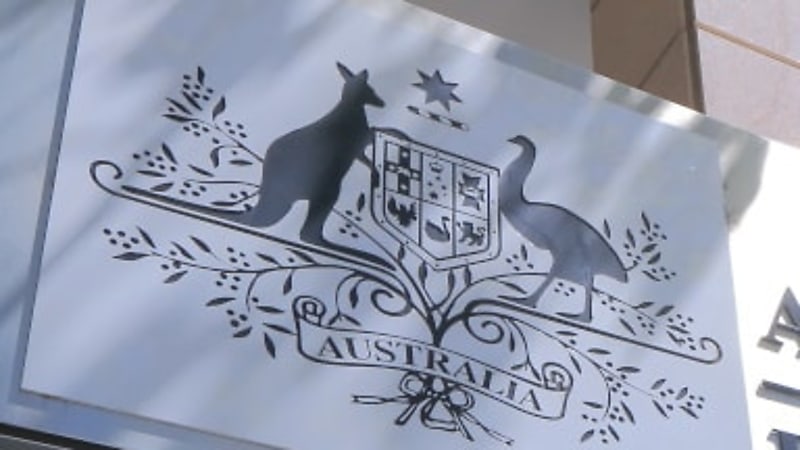Super members with more than $10m should withdraw money: CA ANZ
Super fund members with more than $10 million should be required to withdraw money from the superannuation system rather than the government imposing its $3 million super tax, says one of Australia’s leading accounting associations.
CA ANZ is the latest organisation to come out against the government’s proposed $3 million super tax, instead suggesting a member balance should not exceed $10 million unless that person is in receipt of structured settlement contributions, personal injury orders or total and permanent disablement benefits.
“In effect those who have account balances of more than $10 million would be required to withdraw that money from the superannuation system,” the submissions stated.
“They should be required to do this over a three-year period or longer if the Australian Taxation Office (ATO) approves. Any benefits should be tax-free to the recipient and Capital Gains Tax should not have to be paid by the superannuation fund when disposing of an asset in order to make this benefit payment.”
The CA ANZ submission said there is very little publicly available data on the profile of people with large superannuation balances but it believes many are elderly, are fully retired and made large, undeducted contributions before May 2006.
“Successive governments were warned over many years about the anomalies being created by unlimited undeducted contributions,” it said.
“That said, under current rules the vast majority of very large account balances will have to be paid out as lump sums when a person dies.
“As the government does not want to ‘diminish anyone’s superannuation balance’, its preferred policy to deal with the perceived problem is to create an incredibly complex measure that will see all superannuation fund members pay more in administration fees and the overall system will be more costly for everyone including higher ATO costs.”
It also said further the design of this policy taxes unrealised gains at an additional 15 per cent each year and when these assets are disposed of they will incur an additional 10 per cent tax if the asset is held for more than 12 months.
“This makes a total tax take of 25 per cent, higher than the 23.5 per cent tax rate that would apply to the net capital gain for an individual who personally held an asset for more than 12 months who is being taxed at the highest individual marginal tax rate plus Medicare.”
The CA ANZ also put forward that there are other policy issues needing to be thought about in relation to this policy proposal. For example, there is an argument for saying those already with a high superannuation balance should be quarantined from a compulsory withdrawal requirement.
In relation to the Transfer Balance Cap, the CA ANZ said it believes that to ensure simplicity in the superannuation system the government should elect to index this new $3 million threshold by positive movements in the average weekly ordinary time earnings.
“A similar change should be made to the $250,000 higher superannuation contributions tax threshold as well as the General Transfer Balance Cap,” it stated.








